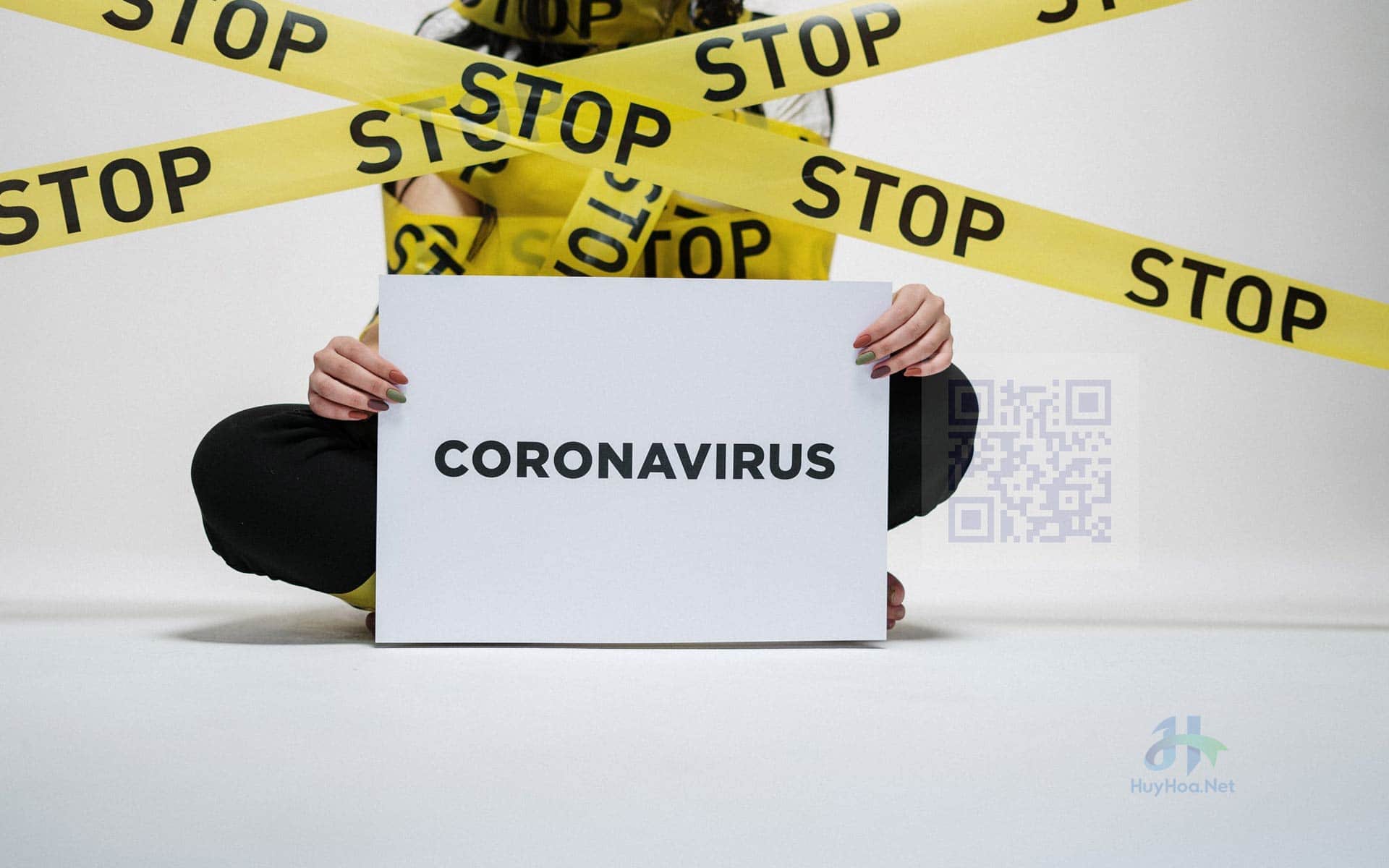How does COVID-19 affect cancer patients? Cancer patients often have weakened immune systems, either due to medical conditions or due to treatment. When the immune system is weakened, the body’s ability to fight disease becomes more difficult.
Currently, there is little data on whether patients with cancer or those being treated with treatments that suppress the immune system, such as chemotherapy, may be more severely affected. due to the COVID-19 virus strain or not.
Table of Contents
Does cancer increase the likelihood of contracting COVID-19?
COVID-19 is a new virus, so studies on its ability to increase infection in cancer patients are still limited. However, experts make several assumptions.
When the body’s diphtheria cells that help fight infections are low or not working enough, the body’s ability to fight infections decreases accordingly. Some cancer treatments, such as chemotherapy and radiation, can decrease the body’s ability to fight infections. For this reason, cancer patients who are being actively treated may be at higher risk for COVID-19.
In addition, people diagnosed with lung cancer, blood cancers, such as leukemia, lymphoma, and multiple myeloma, may be at higher risk of contracting coronavirus than people with other types of cancer. Blood cancers often disrupt the normal production of immune cells. Similarly, COVID-19 has the nature of attacking the lungs of the human body, people with lung cancer also have a higher rate of severe symptoms than the rest of the population.
Risks to patients in intensive care?
There is currently little data on whether patients with cancer or those in active treatment may be more severely affected by the new virus. Patients in the process of treatment are considered to be more at risk than patients in the process of recovery. However, the effects of the treatments can have long-term effects on the body. Experts believe that patients who have been treated for many years can recover a healthy immune system often. However, the condition can vary between patients.
Should hospital treatment be maintained during the COVID-19 pandemic?
Cancer care and treatment, including chemotherapy, radiation therapy, surgery, counseling and diagnosis, should be maintained. Unless the patient is suspected of having COVID-19 with symptoms such as fever, cough, and shortness of breath. Each hospital or medical facility will use a screening method for these patients.
If a patient is infected with COVID-19, doctors will delay cancer treatment until the patient comes back negative.
Is surgery safe at this time?
In order to minimize the risk of COVID-19 infection for patients as well as medical staff, the doctors in charge are responsible for checking in detail the medical condition as well as diagnosing and treating each specific patient. body.
The medical team will work with the patient to make the most reasonable decision as well as advise when is necessary for surgery. If surgery is indicated, medical professionals will perform a COVID-19 test prior to the surgical procedure to maximize safety.
If you have a need for consultation and examination at Vinmec Hospitals under the national health system, please book an appointment on the website for service.

